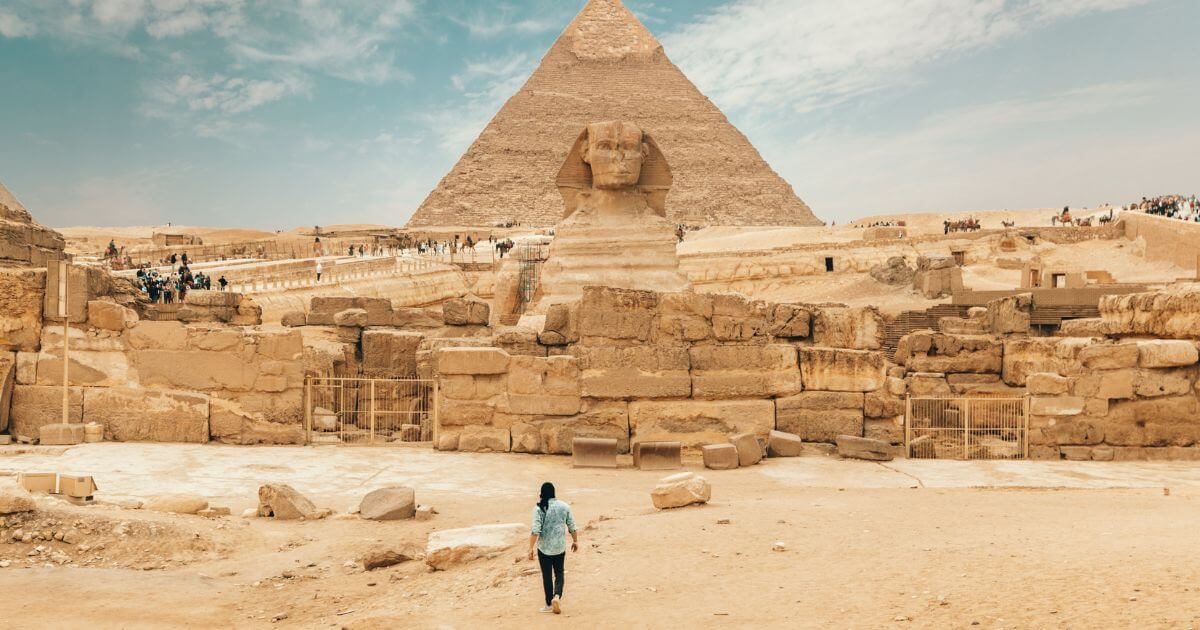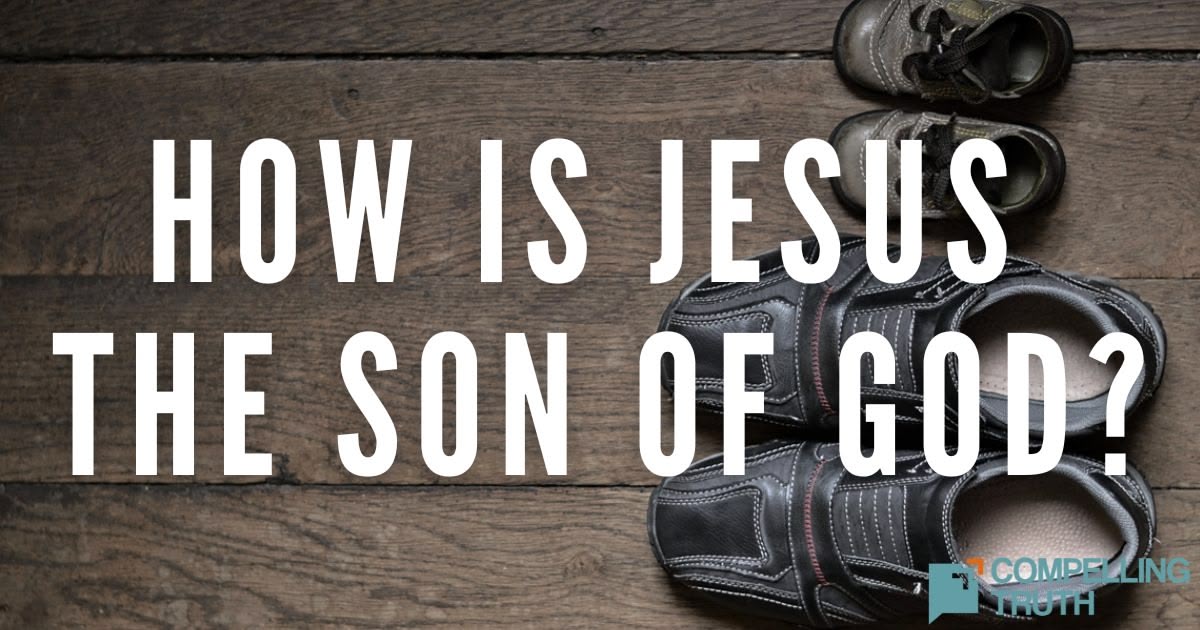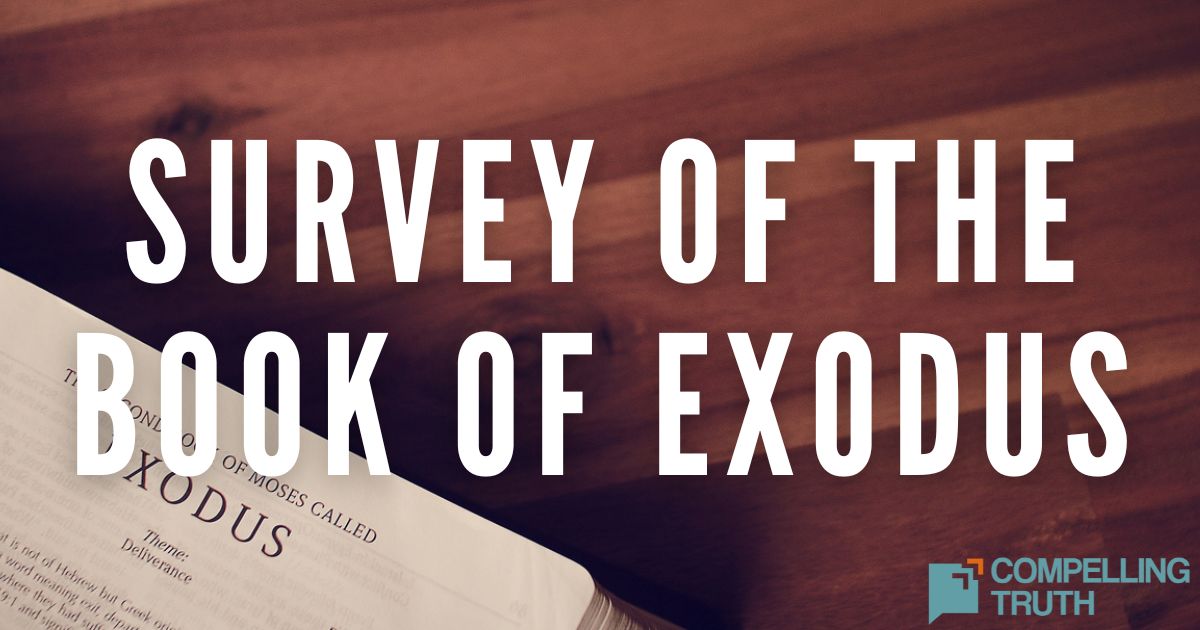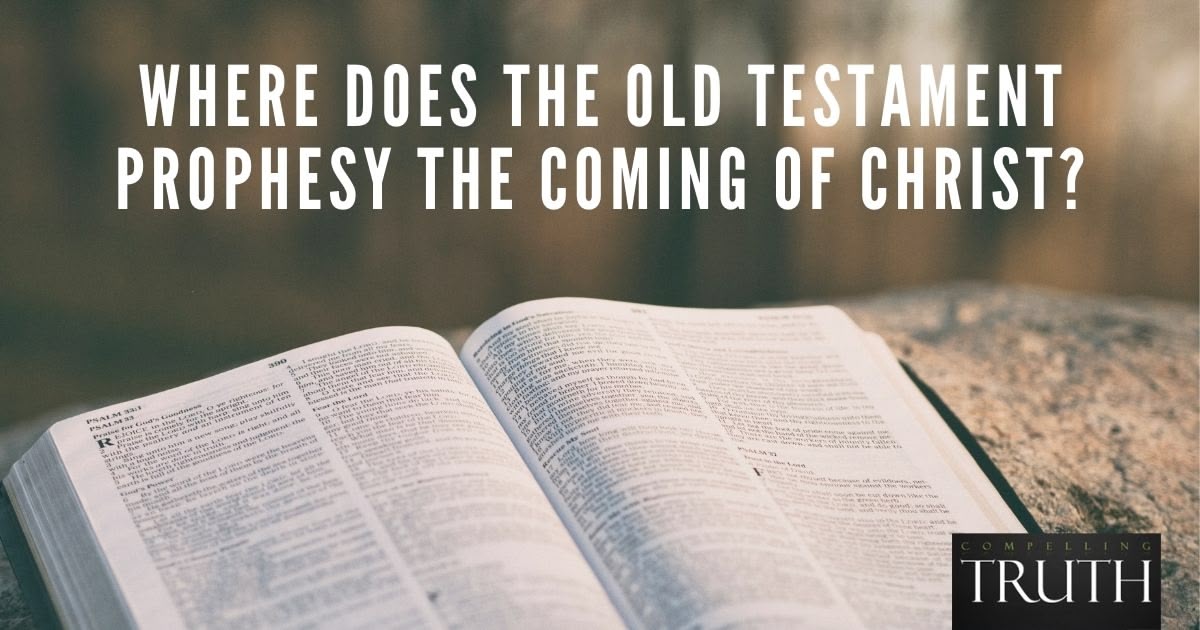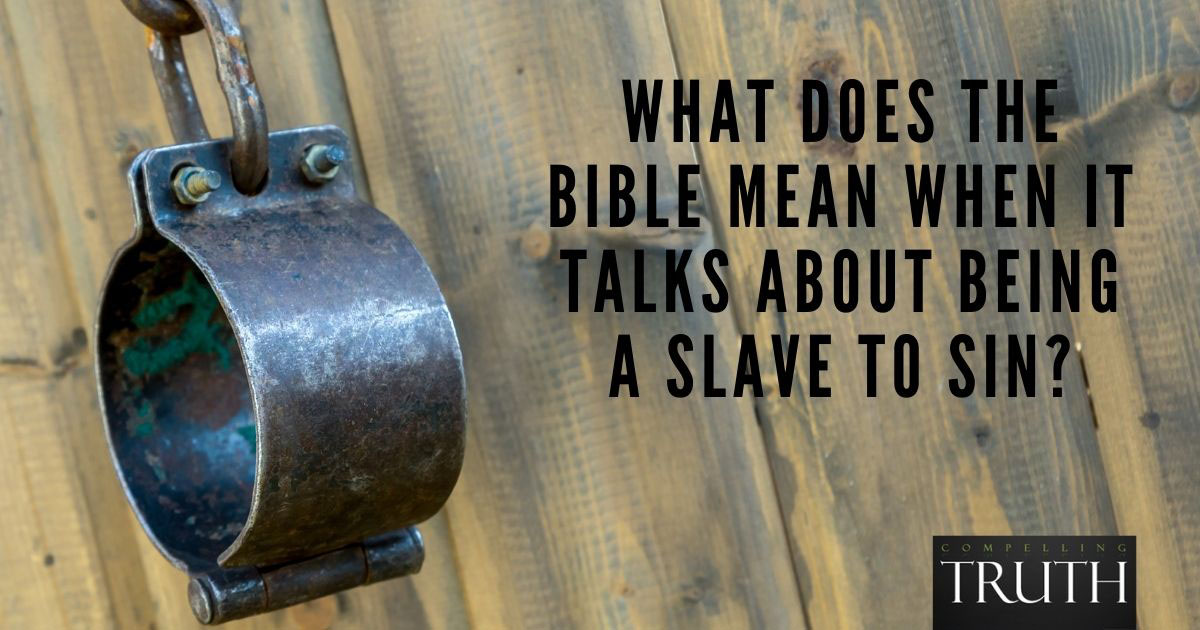what does the bible say?
Matthew 2:15 quotes a passage from Hosea 11:1 that refers to God’s deliverance of Israel from Egyptian bondage (Exodus 4:22). The historical events depicted in the Old Testament book of Exodus are a biblical type, or shadow—a form of prophecy in which an event prefigures a similar and usually more significant future event. In Exodus, God's “son” was Israel (4:22); in Matthew 2:15, God’s Son is Jesus. The common thread of the historical events in Exodus and the calling of Jesus out of Egypt foreshadows yet another deliverance: Christ calling believers out of slavery to sin. Jesus, through His death and resurrection, made a way for people to be free from sin and death (Romans 6:6–11; 8:1–4) and become children of God (John 1:12). The New Testament shows this happens by God's grace through faith in Jesus (Ephesians 2:1–10; Titus 3:3–7; Colossians 2:13–14). The Bible teaches that those who put their trust in Him are freed from the eternal penalty for sin and slavery to it; believers live a renewed life in Christ (1 Corinthians 5:17–21; Philippians 2:12–13). God has called His children out of sin and death, into eternal life.
